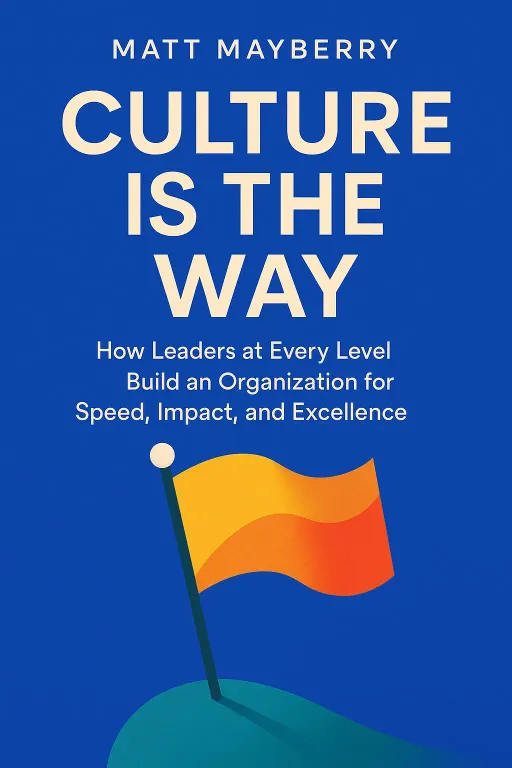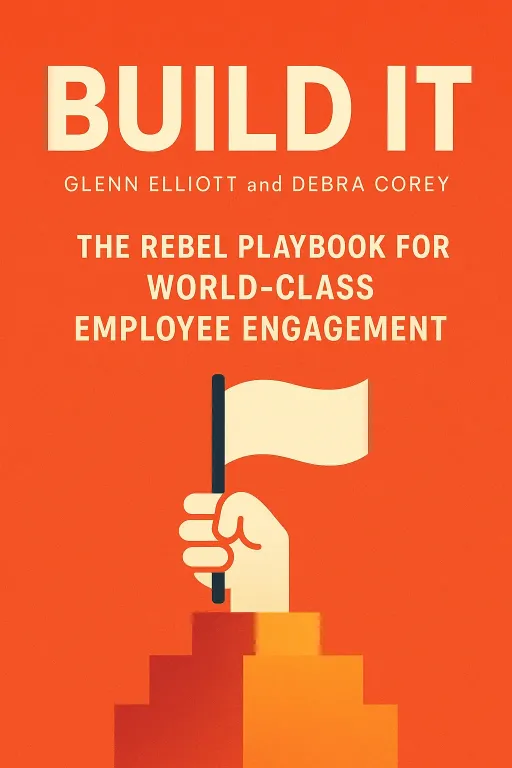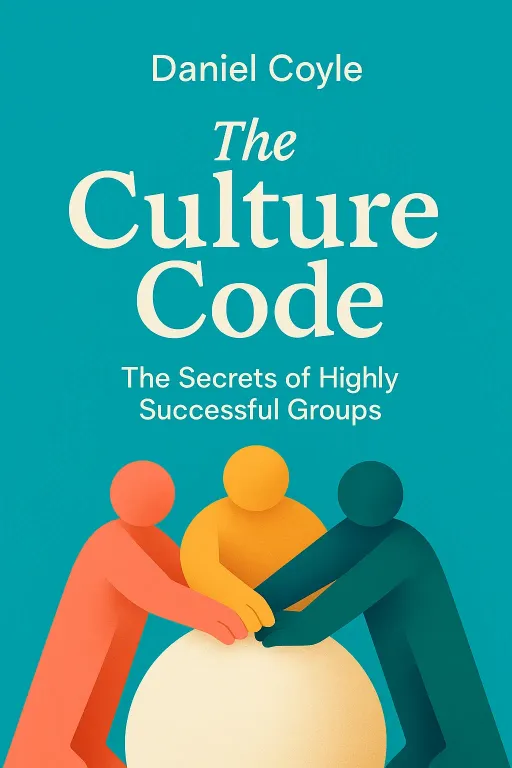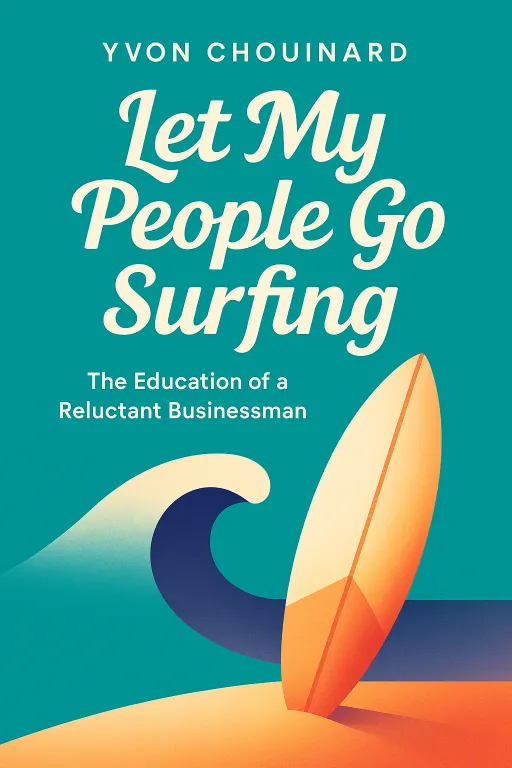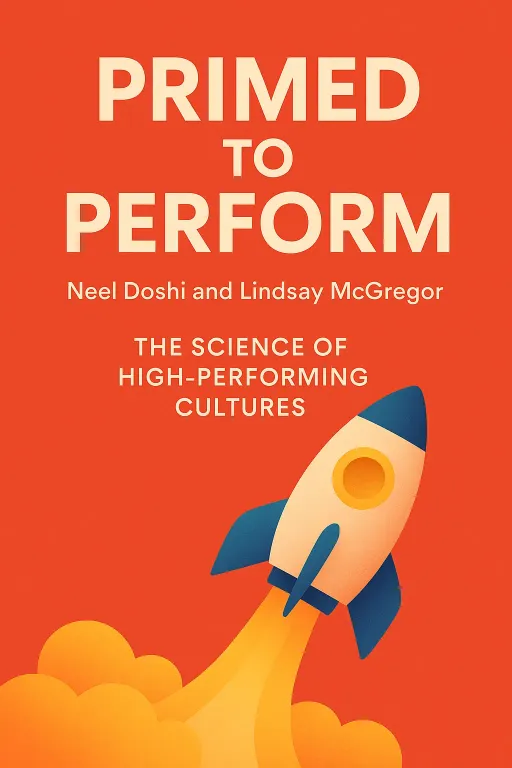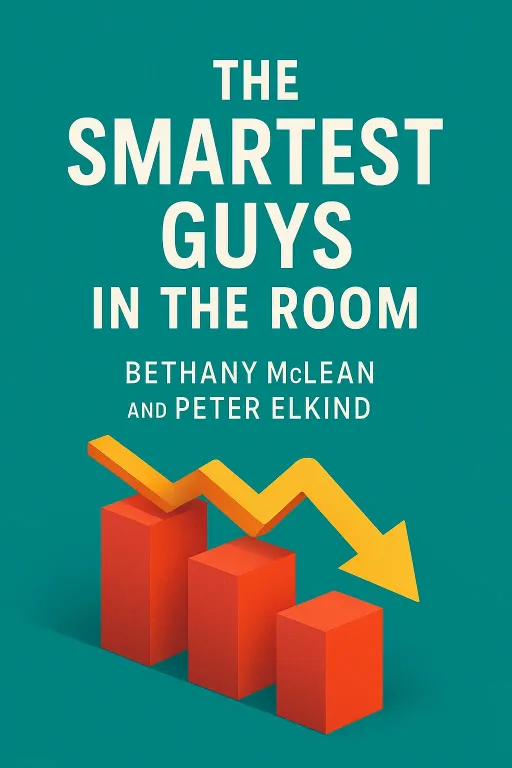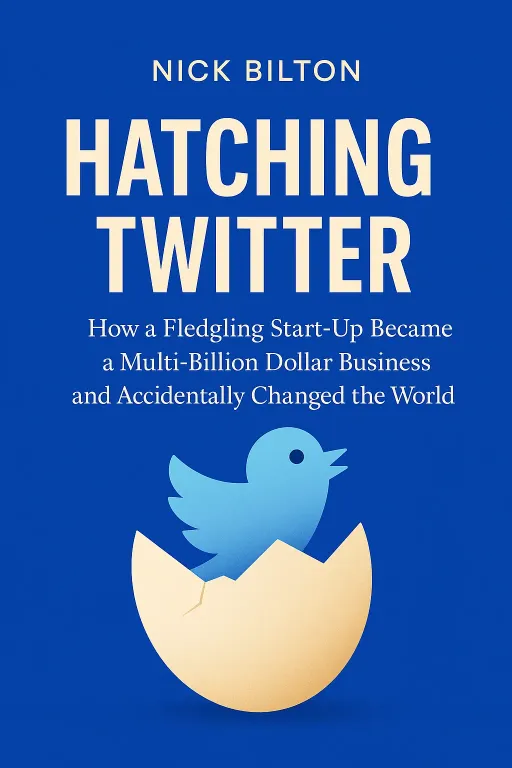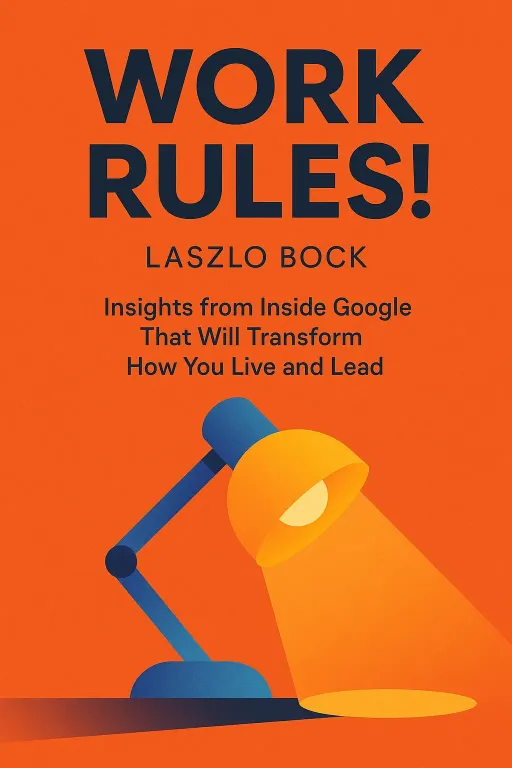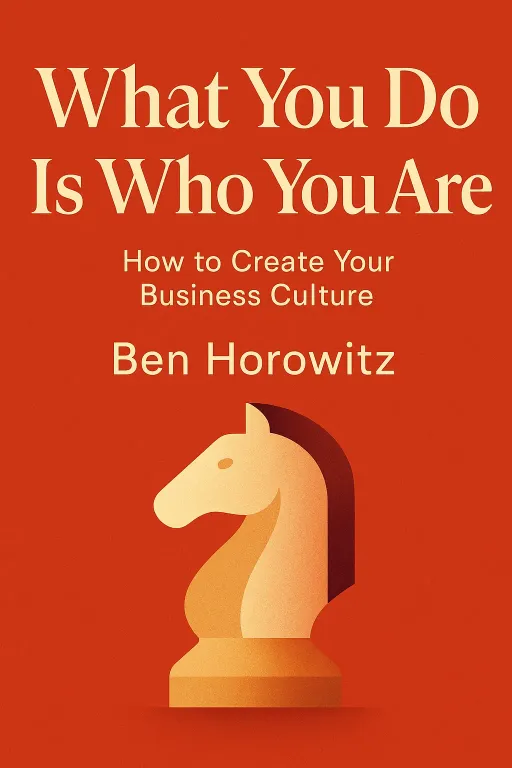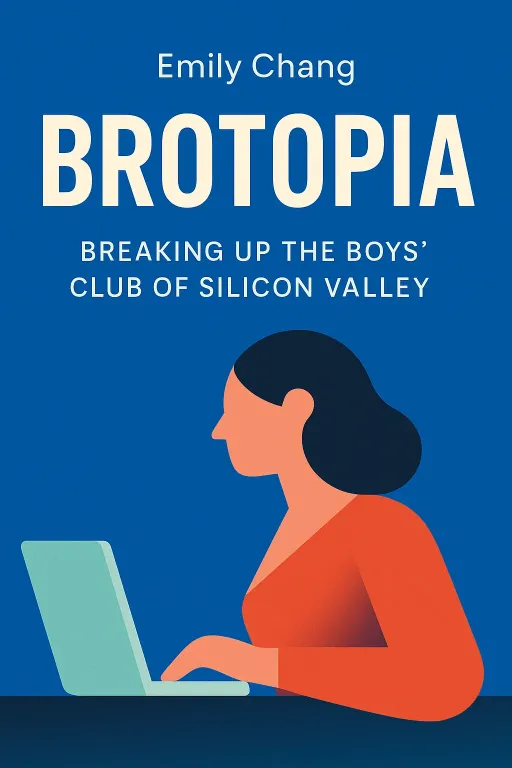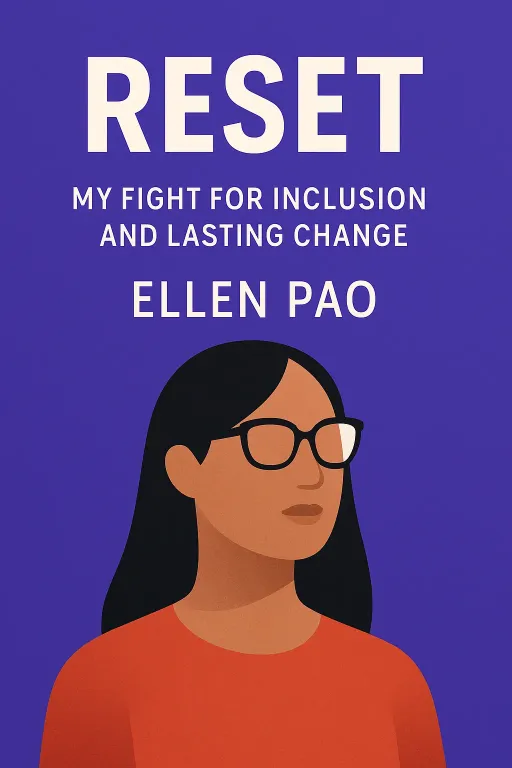
Reset
9 minMy Fight for Inclusion and Lasting Change
Introduction
Narrator: Imagine flying on a private jet with the senior partners of your prestigious venture capital firm. You’re the only woman. The conversation, led by a powerful tech CEO, turns to pornography and his preference for "white girls, specifically Eastern European." When the topic shifts to adding a woman to his company’s board, he dismisses a world-renowned female executive as "too controversial," but then adds he’d let her join anyway because she’s "hot." When the plane lands, the men make plans to go to a club, not even thinking to invite you. This isn't a scene from a bad movie; it was a reality for Ellen Pao. In her book, Reset: My Fight for Inclusion and Lasting Change, Pao pulls back the curtain on the toxic, exclusionary culture of Silicon Valley, revealing a world where meritocracy is a myth and power is used to silence and sideline anyone who doesn't fit the mold.
The Cracks in the Meritocracy Myth
Key Insight 1
Narrator: Ellen Pao was raised to believe in the American Dream. Her parents were Chinese immigrants who, through sheer determination and academic brilliance, built successful careers in engineering and computer science. They taught her that discrimination was real, but it was an obstacle that could be overcome by working twice as hard and being twice as persistent. This belief in meritocracy—that success is a direct result of effort and talent—was Pao’s guiding principle through Princeton, Harvard Law, and Harvard Business School.
However, small cracks in this worldview began to appear early on. In fifth grade, her teacher accused her of plagiarism on a report, assuming her parents’ imperfect English meant she couldn't have written it herself. Later, during a college interview, a Harvard alumnus bluntly told her that her perfect grades wouldn't matter; as an Asian from Northern New Jersey, she would be subject to an informal quota that made her acceptance nearly impossible. While she did get into Harvard, the experience planted a seed of doubt. It suggested that the system wasn't a level playing field, and that factors beyond her control—like her race and background—could be used against her. These early encounters were the first signs that the meritocracy she so deeply believed in was, in fact, a carefully constructed illusion.
The Unspoken Rules of a Man's World
Key Insight 2
Narrator: After graduating, Pao entered the world of corporate law at the prestigious firm Cravath, Swaine & Moore. Here, the cracks in her belief in meritocracy widened into fissures. The bias wasn't always overt, but it was pervasive and woven into the fabric of the culture. She and her female colleagues were systematically excluded from the informal networking events that build careers, like a four-hour steak dinner followed by a trip to a strip club, an outing reserved exclusively for their male peers.
One incident perfectly captured the subtle yet demeaning expectations placed on women. During a high-stakes deal meeting, Pao’s boss asked her—and only her—to go get cookies for the team. It was a task for an assistant, not a corporate lawyer. While she initially complied, she quickly realized how it would look for her, the only woman, to be serving her male colleagues. She ultimately had the receptionist order them, but the experience was a clear signal of her perceived role. This was reinforced by academic research she encountered at Harvard Business School, like the famous "Howard and Heidi" study. The study showed that when students were given a case study about a successful venture capitalist, they found "Howard" to be competent and beloved, but found "Heidi"—who had the exact same qualifications and story—to be power-hungry and an egomaniac. These experiences taught Pao that in male-dominated fields, competence wasn't enough. Women were expected to navigate a complex set of unwritten rules designed to keep them in their place.
Inside the Broken Culture of Venture Capital
Key Insight 3
Narrator: When Pao joined the legendary venture capital firm Kleiner Perkins, she entered the epicenter of Silicon Valley power. She was promised a senior role and a path to becoming a venture capitalist herself. Instead, she found a culture rife with sexism, exclusion, and groupthink. The firm was a boy's club where women were tolerated but rarely respected as equals. Her investment recommendations, including an early and enthusiastic pitch to invest in Twitter, were often dismissed by male partners who saw no business model or didn't like the founder's unconventional background. Years later, the firm would invest in Twitter at a vastly higher valuation, a costly miss that validated Pao’s initial insight.
The firm's flawed judgment was on full display when it decided to invest $100 million in an oil tech company, despite Pao’s serious reservations. She noted the CEO's shifty demeanor and the fact that two CFOs had recently quit, and she urged her colleagues to conduct more thorough due diligence. They refused, viewing her caution as a threat. The company quickly imploded, losing the firm its entire investment. Pao’s experience revealed that Kleiner Perkins wasn't the meritocracy it claimed to be. It was a place where charisma often trumped data, where women were excluded from key conversations, and where statistics showed a stark reality: fewer than 6 percent of decision-makers in VC were women, and fewer than 1 percent were Black. The system wasn't just flawed; it was fundamentally broken.
The High Cost of Speaking Truth to Power
Key Insight 4
Narrator: Pao's breaking point came after a series of disturbing events, including fending off unwanted advances from a married colleague, Ajit Nazre. After she ended their brief, complicated relationship, he began to professionally sabotage her, excluding her from meetings and emails. When she and another female partner, Trae Vassallo, who had also been harassed by Nazre, reported his behavior, the firm’s response was dismissive and inadequate. One partner told Vassallo she should feel "flattered" by the unwanted attention.
When Pao formalized her complaints about discrimination and retaliation, the firm’s machinery turned against her. They launched a sham investigation led by a man who seemed more interested in securing a job with Kleiner than uncovering the truth. He ignored key evidence and focused on irrelevant details, ultimately concluding there was no discrimination. The firm then hired a crisis PR firm to launch a smear campaign, painting her as a poor performer and a liar. She was ostracized, her performance reviews became unfairly negative despite positive feedback from the CEOs she worked with, and she was eventually fired. The message was clear: in the world of venture capital, challenging the system comes at an immense personal and professional cost. The institution will protect itself, and the person who speaks up will be the one who pays the price.
Conclusion
Narrator: Ultimately, Reset is a story about the profound failure of a system that preaches meritocracy but practices exclusion. The book’s most crucial takeaway is that systemic bias cannot be overcome by individual excellence alone. Ellen Pao was exceptionally qualified, hardworking, and resilient, yet she was still pushed out for refusing to accept a culture that devalued her and other women. She lost her lawsuit in court, but her fight ignited a global conversation known as the "Pao effect," empowering countless others to speak out and demand accountability.
The book leaves us with a challenging question: What is our own responsibility in the face of injustice? Pao was advised by many women who had sued powerful companies before her with a single, stark warning: "Don't do it." They told her the system was rigged and that even if she won, it would destroy her reputation. She did it anyway, believing that even in losing, she could lose fighting for something that mattered. Her story is a powerful reminder that resetting a broken system often begins with one person’s courageous refusal to accept the status quo.
